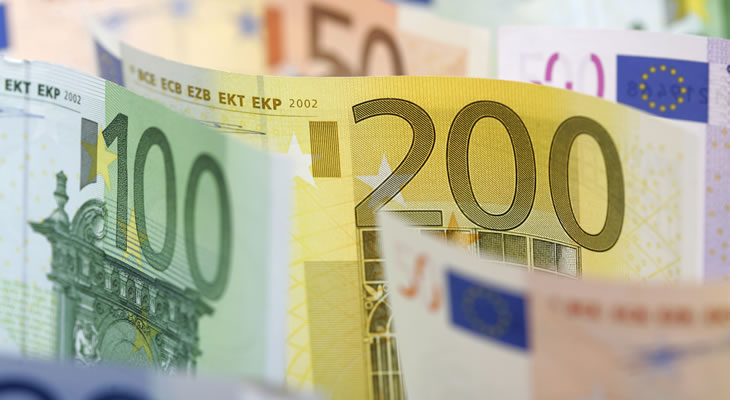Bank of England Financial Stability Report Supports Pound Sterling Euro (GBP/EUR) Exchange Rate Recovery
The Pound Sterling to Euro (GBP/EUR) exchange rate recovered some of its lost ground on Thursday morning as investors reacted to the latest Bank of England (BoE) Financial Stability Report.
As the report indicated that the UK banking sector is strong enough to withstand the shock of a disorderly Brexit and intensified international trade disputes this offered a boost to Pound Sterling (GBP).
Although the risk of economic disruption in the case of a no-deal Brexit remains this was not enough to weigh down GBP exchange rates at this juncture.
Investors also took encouragement as June’s RICS house price balance bettered forecasts, showing a contraction of just -1% on the month.
After a week of weakness this positive showing helped to lift the Pound, returning it to an uptrend against its rivals.
Stronger German Inflation Fails to Boost Euro (EUR) Demand
Confirmation that the German consumer price index picked up in June was not enough to shore up the Euro (EUR), meanwhile.
Even though the uptick from 1.4% to 1.6% on the year suggests that inflationary pressure within the Eurozone’s powerhouse economy is increasing this failed to improve the appeal of the single currency.
Markets still expect the European Central Bank (ECB) to adopt an increasingly dovish tone in its latest set of meeting minutes, keeping the prospect of an interest rate cut alive.
If the release of the minutes confirms a shift towards dovishness this afternoon EUR exchange rates look set to remain on the back foot.
Unless policymakers show signs of pushing back against the possibility of another round of quantitative easing the mood towards the Euro is likely to sour further.
Eurozone Industrial Production Contraction Forecast to Weigh on Euro (EUR) Exchange Rates
Further losses could be in store for EUR exchange rates ahead of the weekend if May’s Eurozone industrial production data contracts as forecast.
Investors expect to see production fall -1.6% on the year, highlighting the continued negative impact that global trade tensions are having on the Eurozone economy.
Additional evidence of weakening Eurozone growth would increase the case for fresh ECB policy easing, to the detriment of the Euro.
Any softening in the German wholesale price index for June may also add to the bearish mood of EUR exchange rates, with weakness here likely to translate into weaker inflationary pressure in the months ahead.
As long as the case for ECB loosening continues to build the GBP/EUR exchange rate looks set to find support.
However, speculation over Brexit could still weigh the Pound down as the Conservative leadership contest continues to play out.
Boris Johnson’s repeated threat to prorogue Parliament in order to force through a no-deal Brexit remains a significant source of anxiety for investors, limiting the appeal of the Pound.
Unless markets see the odds of a no-deal scenario decline the GBP/EUR exchange rate could struggle to reverse much of its recent decline.


Comments are closed.